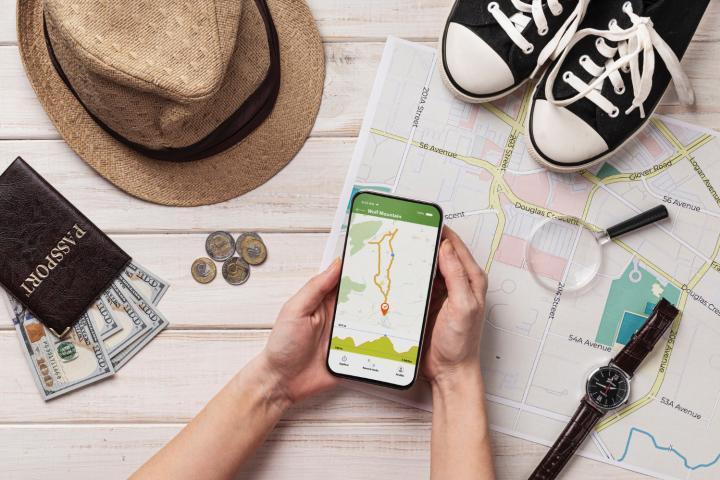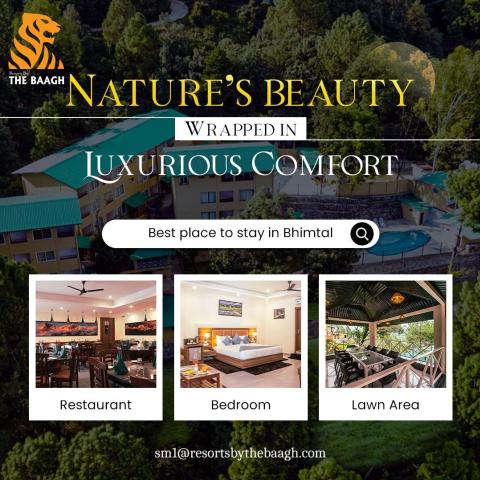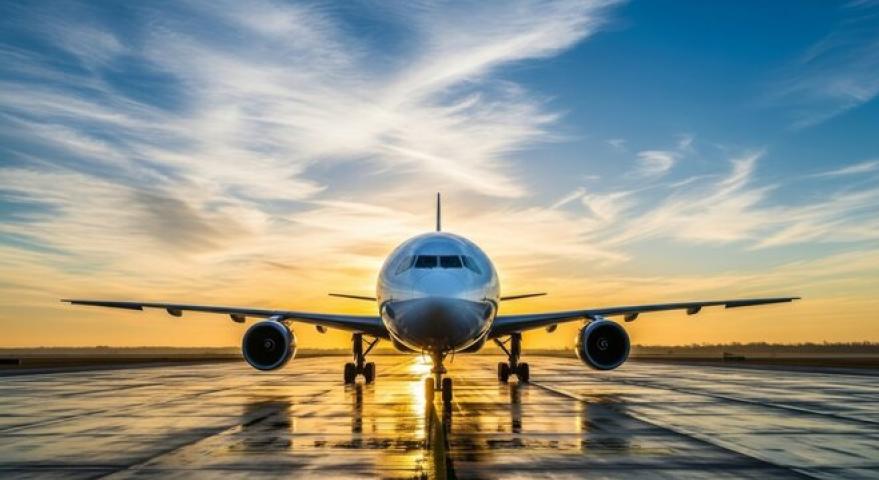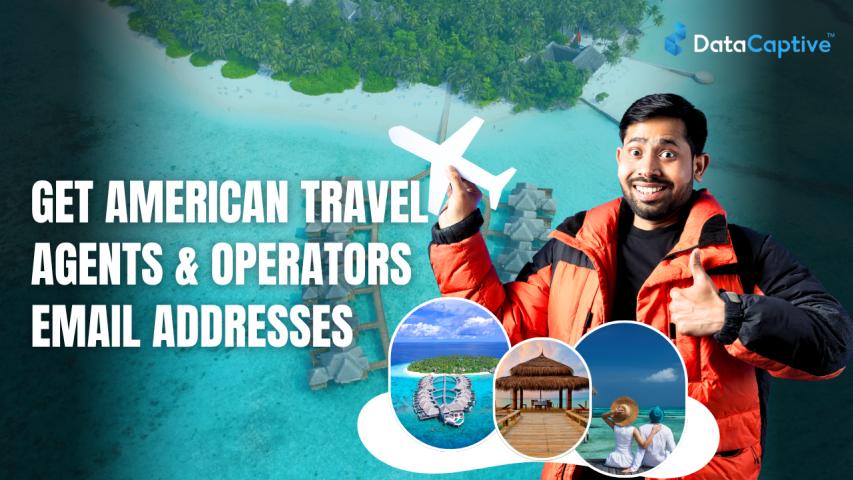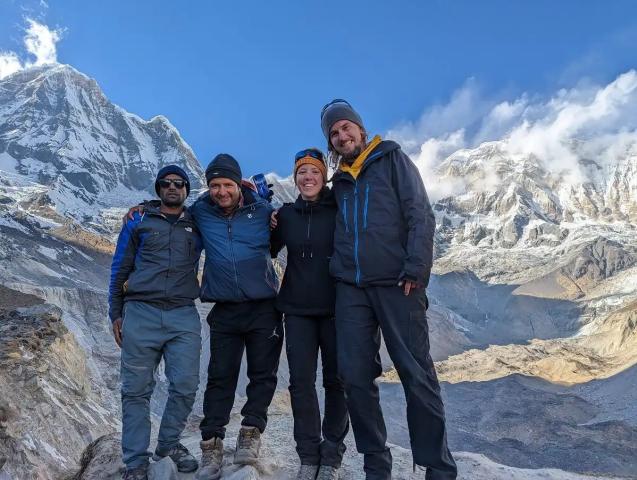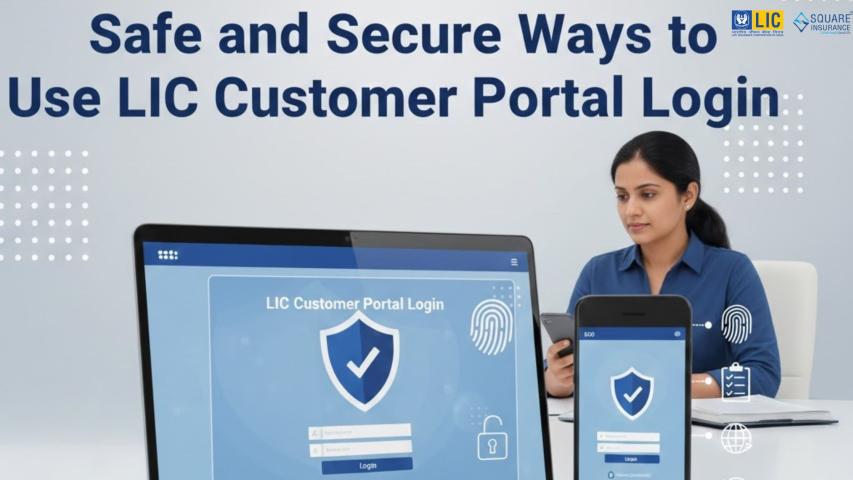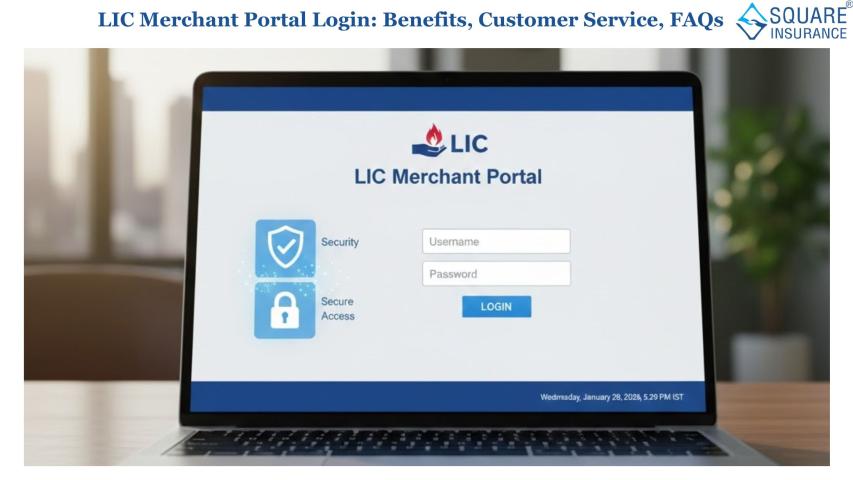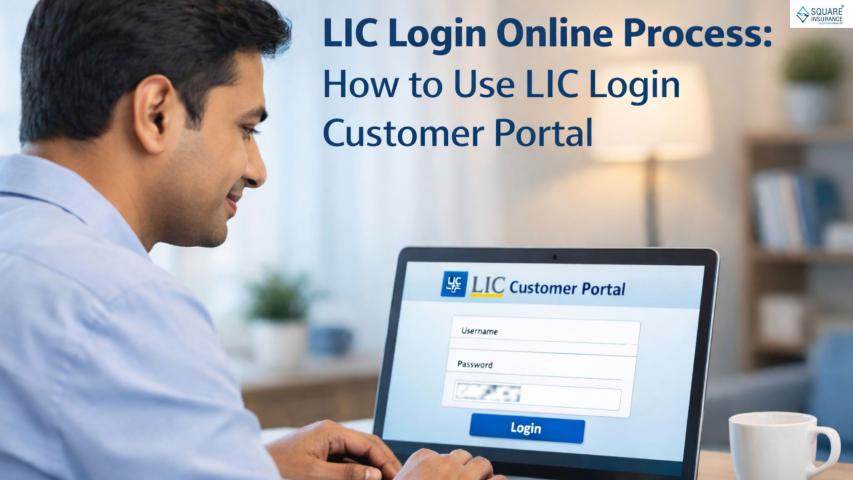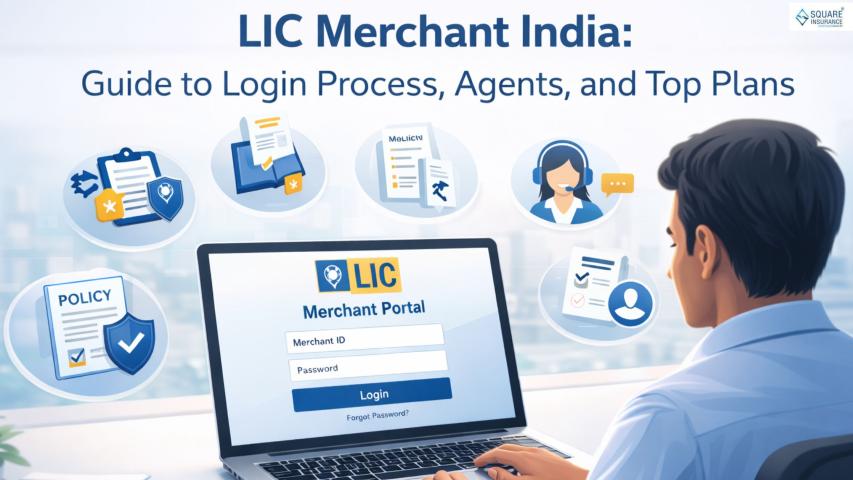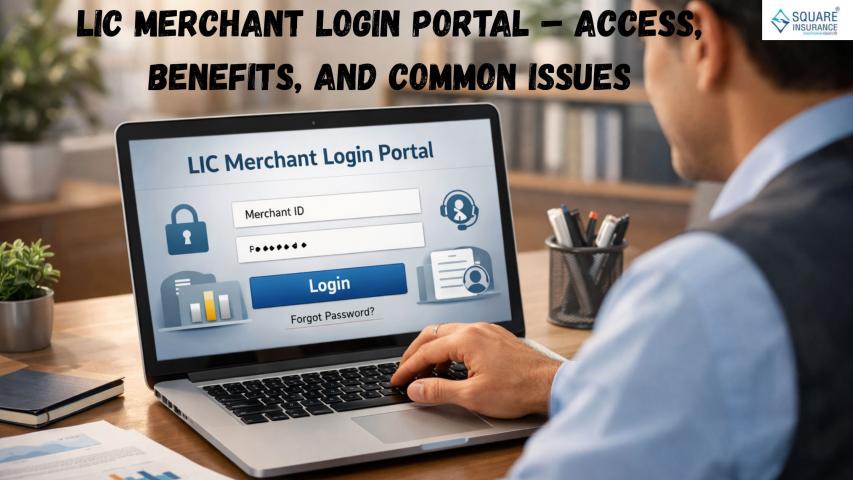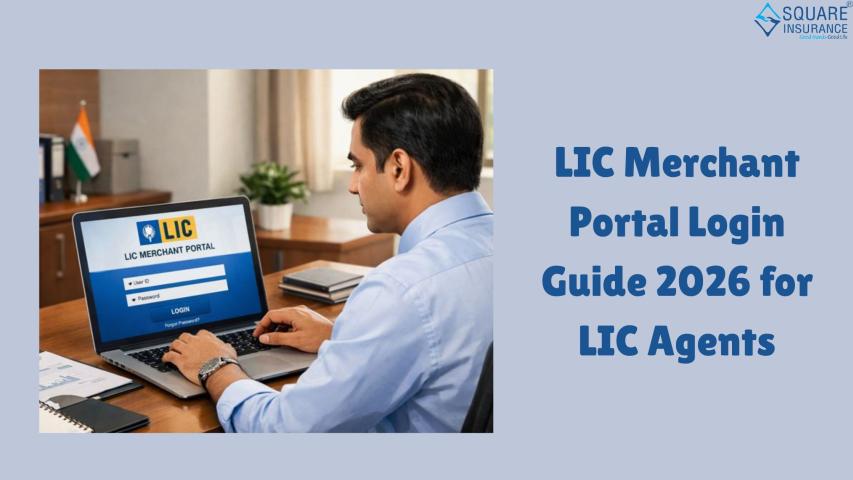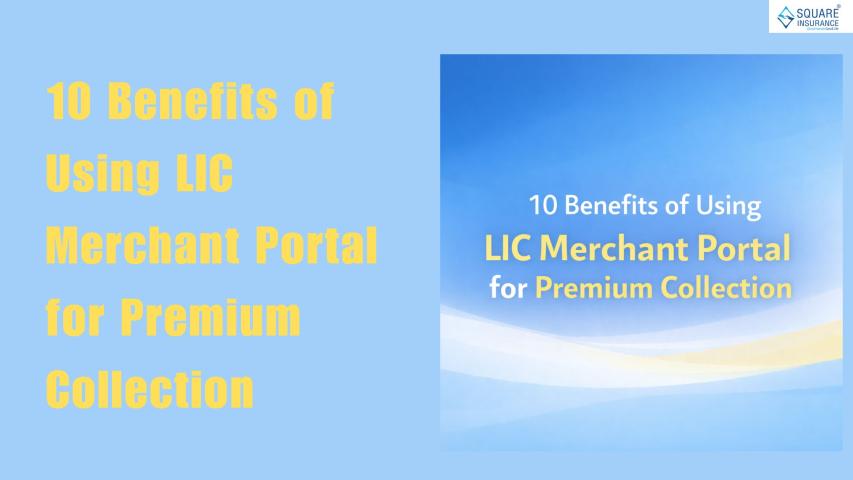The demand for travel portal development has never been higher. In an age when most travellers expect instant flight bookings, tailored itineraries, and seamless digital payments, a custom travel portal can put any agency or startup on the map—literally and figuratively. But what goes into building one that’s secure, scalable, and future-ready? Below is a straightforward, jargon-free guide to help you understand every major step.
1. Define Your Business Model (B2C, B2B, or B2B2C)
-
B2C portals sell directly to consumers and need rich UX, real-time fares, and multiple payment options.
-
B2B portals serve sub-agents and require role-based log-ins, credit limits, and commission controls.
-
B2B2C hybrids combine both, letting you manage agents while still attracting retail traffic.
2. Core Modules to Include
| Module | Why It Matters | Key Integrations |
|---|---|---|
| Flight Booking Engine | Live fares & instant PNRs | GDSs (Amadeus, Sabre, Galileo) |
| Hotel Booking System | Dynamic rates & room availability | Bedbanks, channel managers |
| Bus / Rail / Car APIs | One-stop transport planning | Regional API providers |
| Holiday Package Builder | Custom itineraries in minutes | CMS + inventory manager |
| Payment Gateway Suite | Global & local payment acceptance | UPI, cards, wallets, net-banking |
| Admin & Agent Panel | Full control of mark-ups, credit & reports | Role-based access |
3. Must-Have Technical Features
-
Responsive Design: 70 % of travel searches start on mobile.
-
Real-Time Search & Caching: Faster results mean higher conversions.
-
Multi-Currency & Multi-Language: Capture international traffic instantly.
-
Robust Security: SSL, PCI-DSS compliance, tokenised payments.
-
Scalability: Cloud hosting (AWS, Azure, GCP) to handle seasonal spikes.
4. Content & UX Best Practices
-
Clear, distraction-free search bar on every page.
-
High-resolution images with lazy-load to keep pages light.
-
Transparent pricing (no hidden fees) to build trust.
-
One-click upsells (insurance, seat selection, meals).
-
Chatbot or live chat for instant support.
5. SEO & Marketing Essentials
-
Schema Mark-up for flights, hotels, and reviews.
-
Fast Core Web Vitals scores (< 2.5 s LCP, < 0.2 CLS).
-
Blog hub with destination guides and travel tips.
-
Email automation: abandoned-search reminders, price alerts.
-
Loyalty programme or wallet to encourage repeat bookings.
6. Compliance & Legal
-
GST, TCS, and other local tax rules.
-
GDPR/PDPA readiness if targeting overseas travellers.
-
Transparent cancellation & refund policies.
7. Choosing the Right Tech Partner
A proven firm like noblewebstudio will:
-
Provide white-label or fully custom builds.
-
Offer 24 × 7 API monitoring and SLA-bound support.
-
Deliver regular security audits and upgrades.
-
Supply detailed documentation for your in-house team.
8. Typical Timelines & Budget Ranges
| Scope | Timeline | Indicative Cost* |
|---|---|---|
| Basic B2C Portal (flights + hotels) | 8–10 weeks | ₹6–10 lakh |
| Full B2B2C Suite | 14–18 weeks | ₹15–25 lakh |
| Add-on Mobile Apps | +4 weeks | ₹3–5 lakh |
*Actual costs vary by design complexity, API fees, and feature depth.
9. Post-Launch Checklist
-
Load-test before peak seasons.
-
Monitor conversion funnels and fix drop-offs.
-
Schedule quarterly security penetration tests.
-
Keep content fresh—fare rules, visas, COVID updates.
-
Collect user feedback for continuous UX tweaks.
Final Takeaway
A custom travel portal is more than an online booking engine; it’s a full-scale digital storefront that can power your brand for years to come. By focusing on rock-solid architecture, intuitive design, airtight security, and a future-proof feature set, you’ll be ready to serve today’s travellers—and tomorrow’s. Partner with experts like noblewebstudio to turn your travel-tech vision into a revenue-driving reality.
